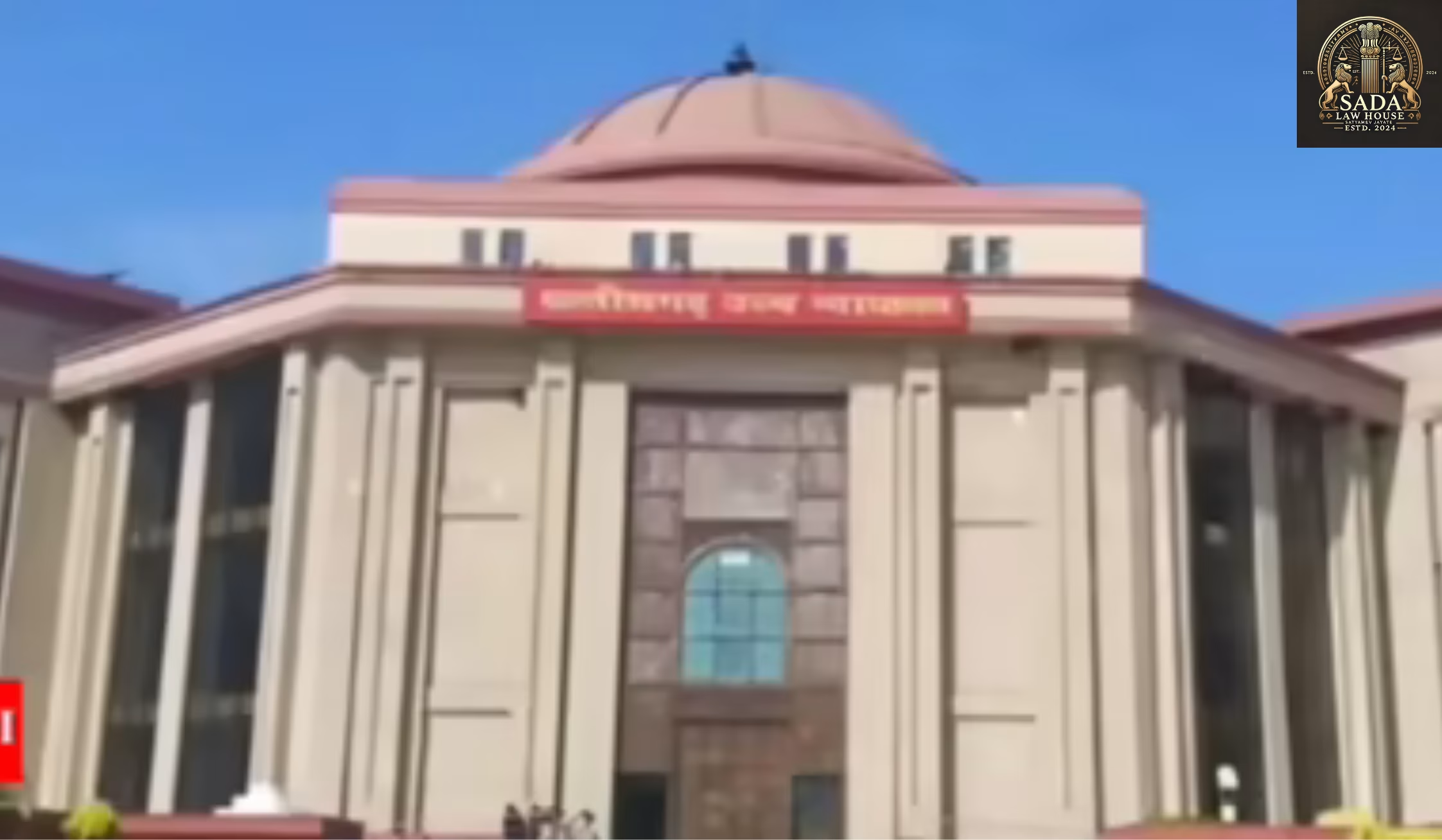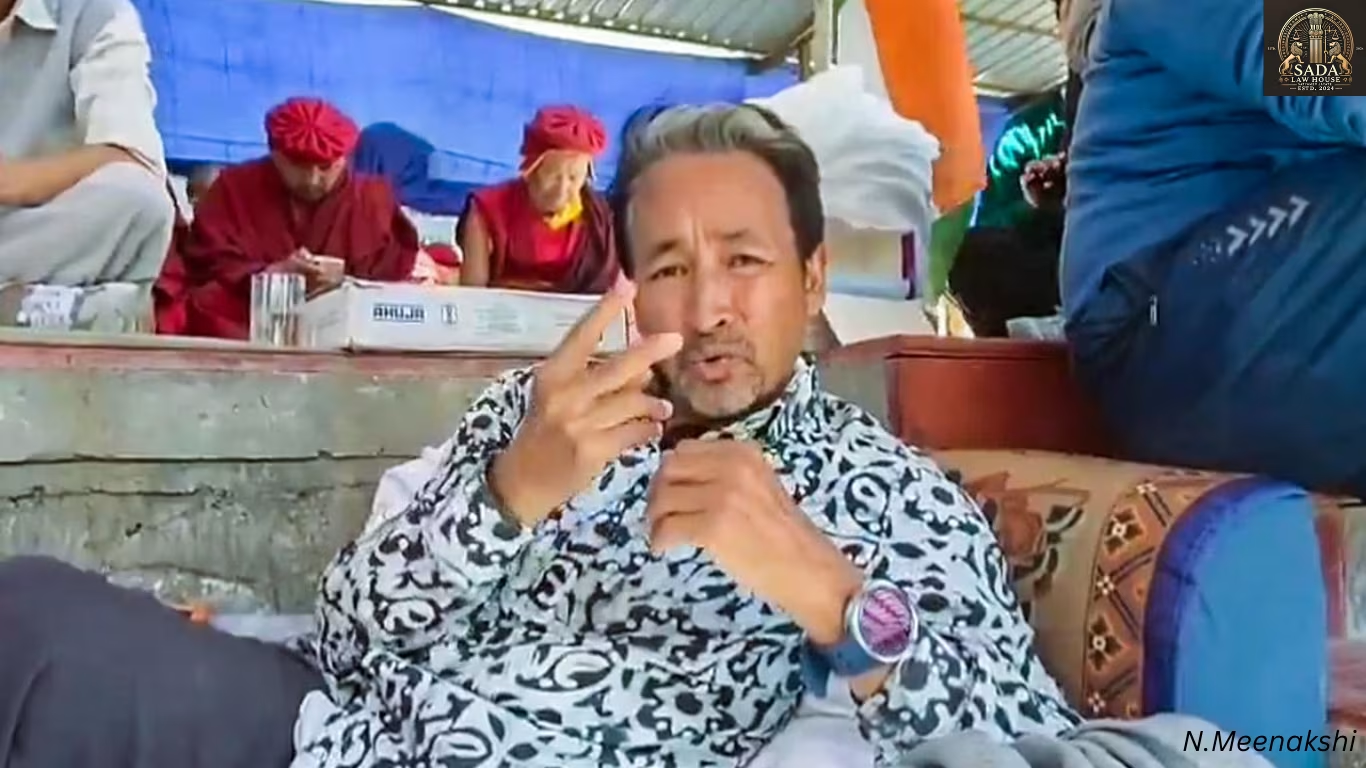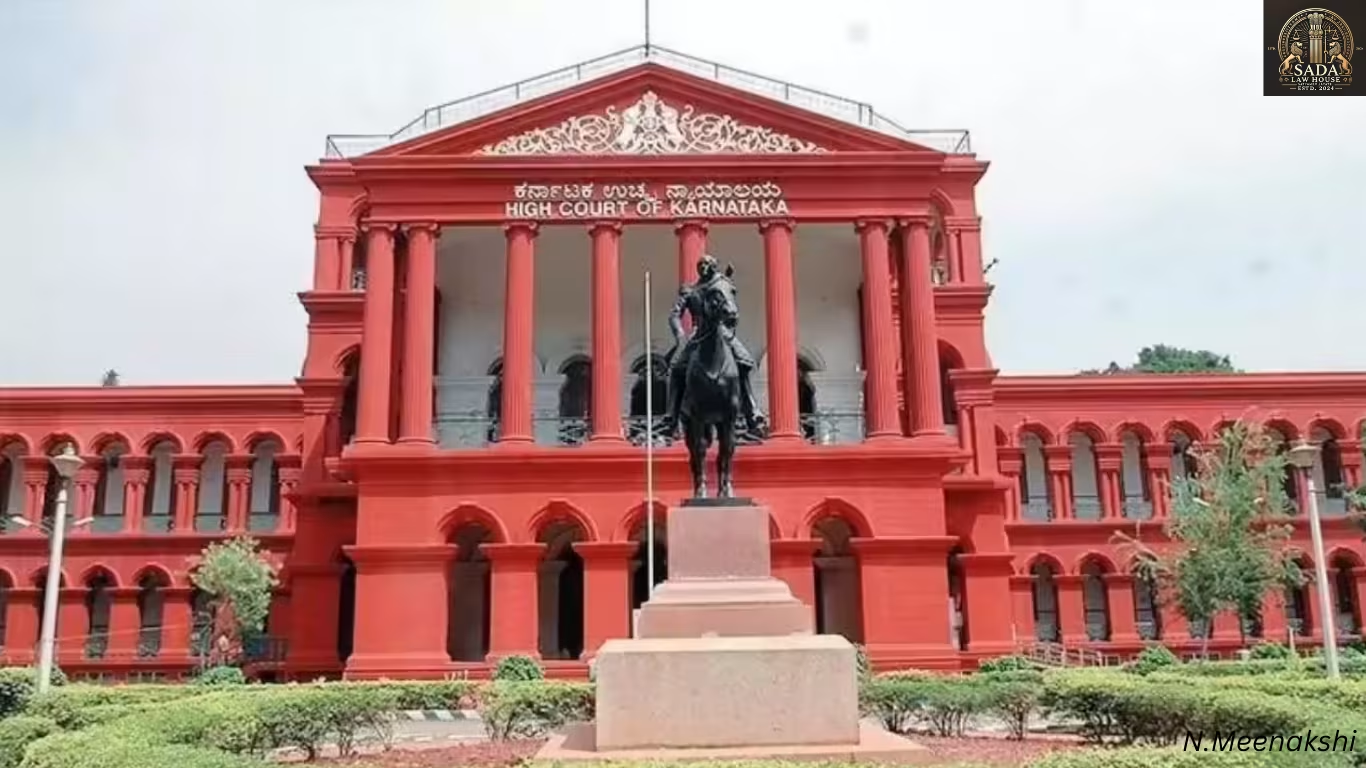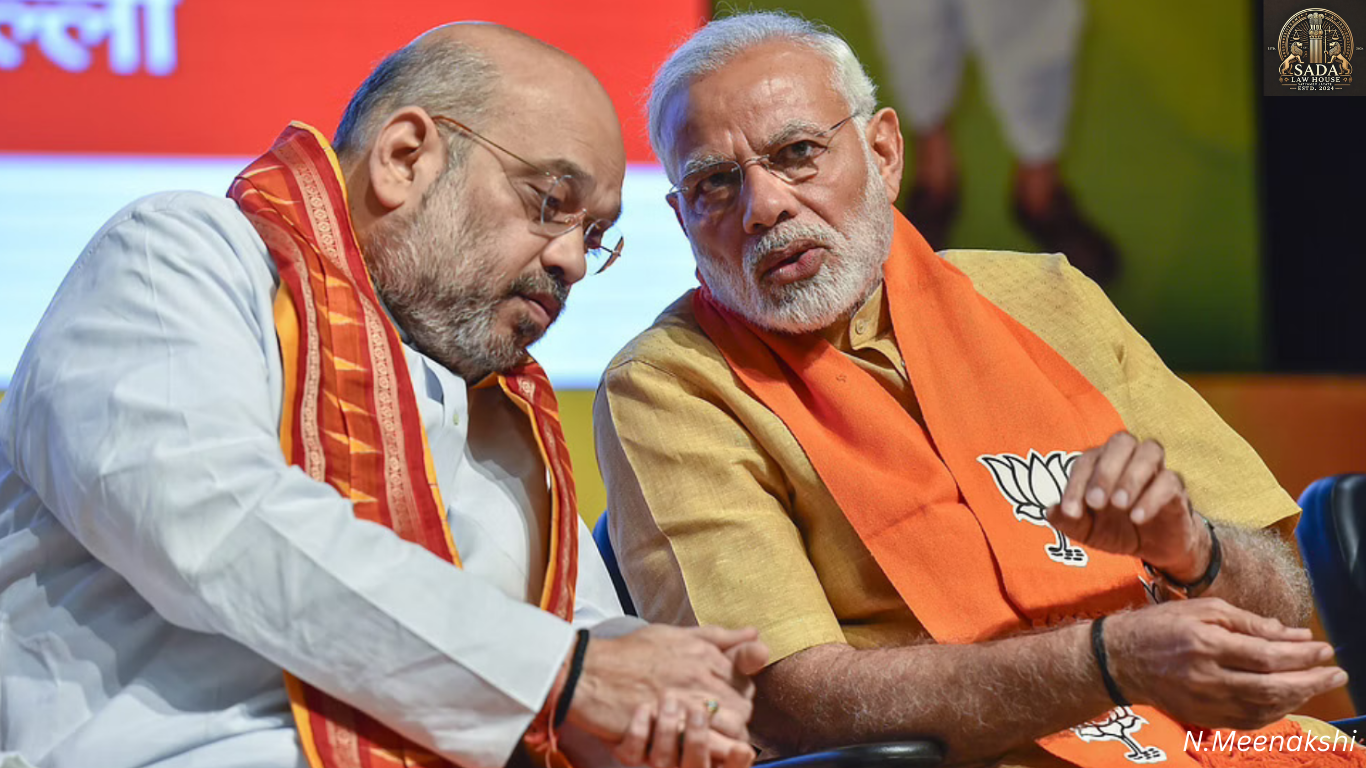Chhattisgarh Teachers File Petition Against School Rationalization Orders
- KASHISH JAHAN
- 06 June 2025

Teachers in Chhattisgarh have filed a legal petition challenging the state’s school rationalization orders, citing violations of service rules and constitutional rights. Learn how this case could reshape educational policy and teacher employment.
Teachers Raise Concerns Over Education Reform in Chhattisgarh
A group of educators in Chhattisgarh has filed a writ petition challenging the state government’s recent school rationalization orders. According to the petitioners, these directives infringe upon their constitutional rights and jeopardize their employment and professional roles within the education system.
Legal Challenge Led by Teachers’ Union
The Chhattisgarh Vidyalayin Shikshak Karmachari Sangh, in collaboration with 34 affected teachers, submitted a formal writ petition against two controversial state orders. These orders call for the merger of schools and the reassignment of headmasters to general teaching positions, a move that the educators argue violates the Chhattisgarh School Shiksha Sewa Bharti Tatha Padonnati Niyam, 2019. The union claims the decision undermines long-established service rules and fails to consider its impact on educational quality and staff morale.
Impact on Educational Infrastructure and Policy
The petition has spotlighted growing concerns about how government policies affect school administration and teacher placement. Education experts emphasize that restructuring without proper stakeholder input can weaken educational infrastructure and compromise the effectiveness of the system. If successful, this legal challenge may lead to significant changes in how educational policy is crafted and implemented in the state.
Future of Teacher Employment in Chhattisgarh
The outcome of this case could set a precedent for how teacher employment rights and administrative decisions are handled across India. With the teaching community voicing their concerns, this case has become a focal point in the ongoing debate around school rationalization and employment protections in the education sector.






